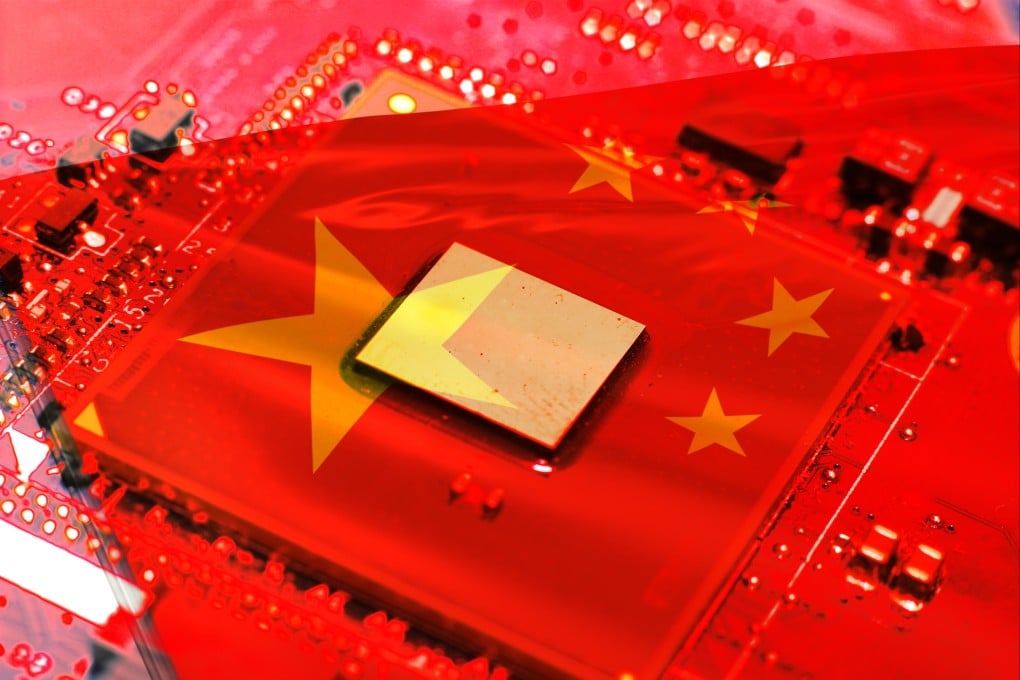Tech war: Washington takes another swipe at China’s tech ambitions by adding key chip and AI firms to trade blacklist
- The Bureau of Industry and Security names 36 entities it says are ‘acting contrary to the national security or foreign policy interests of the US’
- It is becoming increasingly doubtful that China will be able to make semiconductor breakthroughs without access to US technologies

The US government has landed a fresh blow on China’s semiconductor ambitions by putting the country’s most advanced AI chip firms and its top memory chip maker on a trade blacklist, analysts say.
The addition of dozens of firms, including Yangtze Memory Technologies Co (YMTC) and its Japanese subsidiary as well as Cambricon Technologies, one of China’s top AI chip developers, to the US Entity List is a clear escalation of the US-China chip war and indicates the US is determined to prevent China from ascending the curve of advanced chip technology.
Wang Lifu, an analyst at Shanghai-based chip industry consultancy ICWise, said YMTC would face a shortage of machines, materials and components for its research, development and production of chips, as a result of being added to the list. “Normal production and operation will become difficult,” Wang said.
Most Chinese companies added to the Entity List have not commented on the matter.
An executive at Shanghai-listed Cambricon told investors that it is still reading documents and assessing the possible impact. Others – including YMTC – have said little after the Bureau of Industry and Security (BIS), an agency under the US Department of Commerce, named 36 entities it said were “acting contrary to the national security or foreign policy interests of the US”.